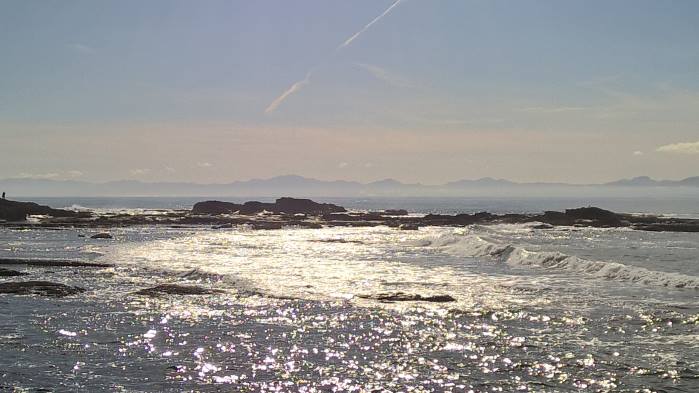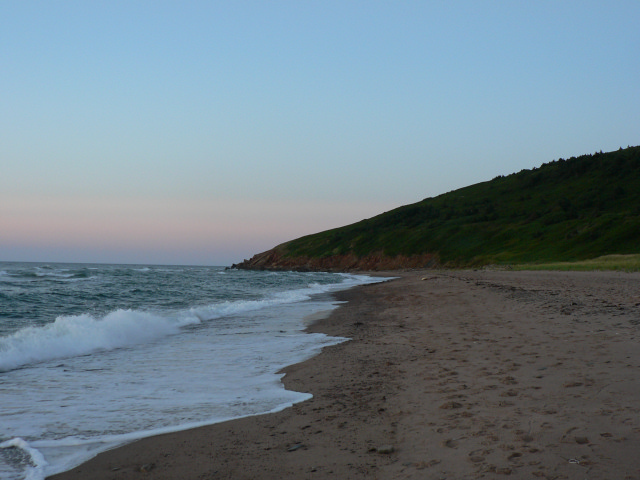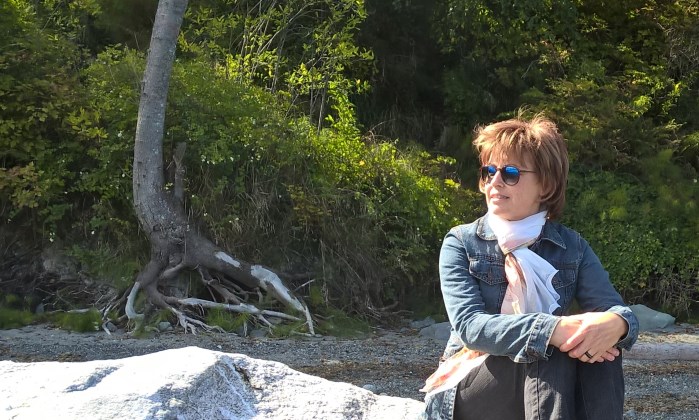We can be redeemed only to the extent to which we see ourselves. -Martin Buber
And that’s the problem.
Who goes looking through the backrooms of their hearts these days?
Who even speaks of those dark interiors?
Well, not me.
Yesterday, for example, I followed Christ through the house,
room to room,
turning off every light he switched on.
Steering him away from the hatch door to the crawl space
where I keep all those boxes that wait,
never to be opened.
I’m not saying it’s hopeless.
Most of us, me included, keep a floor lamp on.
Enough to be sociable.
Just enough incandescence to keep from some incriminating slip.
Enough to keep the little criminal in the crypt,
stop the homunculus corpse from rising to its nightly riot.
Scorning (and admiring) from a distance,
the few bright lights that walk out to the edge of town
and disappear.
Hearing scraps of sound coming back through the fog:
low moans and gasps,
dropped keys and running feet,
and growing faint, more felt than heard:
a shout, a yawp, a blast of belly-laugh,
trumpet, harp, timbrel, cymbal,
a hegemony of harmony,
and singing…is that singing?
Waiting for one or two to return,
but they never do.





